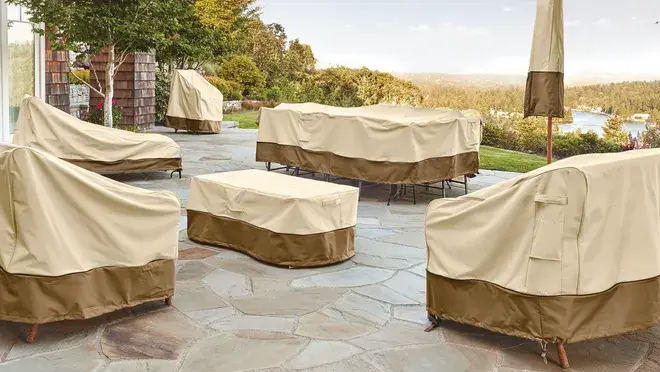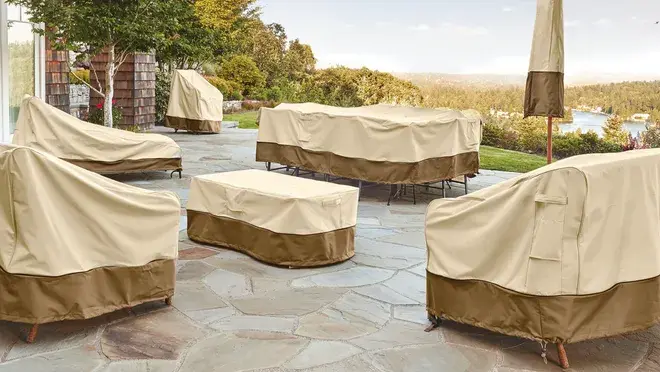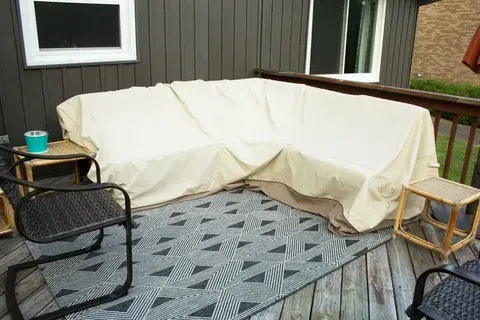Waterproofing in Dubai: Protecting Structures in a Harsh Climate
- Maintenance indubai
- May 1, 2025
- 3 min read

Waterproofing is a critical aspect of construction and infrastructure maintenance, especially in regions with extreme weather conditions. Dubai, known for its arid desert climate, intense heat, and sporadic heavy rainfalls, presents unique challenges when it comes to protecting buildings and structures from water damage. Although it may seem paradoxical to focus on waterproofing in a city that experiences limited rainfall, the reality is that even small amounts of water can cause significant damage when combined with high humidity, salt-laden air, and rapid temperature changes. Waterproofing in dubai is not just a precaution—it's an essential investment in the longevity and safety of any structure.
The Importance of Waterproofing in Dubai
Modern black-silver high-rises, stretching residential complexes, beautiful villas, commercial towers, and vast infrastructure projects are juxtaposed with Dubai's cityscape. These structures must be built robustly to withstand the searing sun and sudden storms that bring very intense rains capable of producing flash floods. During such rains, the accumulated waters would stand because there is very little natural drainage and a lot of concrete surfaces. If the buildings are not waterproofed properly, they may encounter problems like leaks, mold growth, corrosion, or structural failure.
Rainwater, groundwater, and moisture seepage are serious problems in many areas of Dubai. The high water table, especially in coastal areas of the city, increases the chances of water ingress into the walls and floors of basements and underground parking areas and into foundations. If not waterproofed properly, this can adversely affect the structural integrity of the structures, costing equally the peace of mind and the repairing costs.
Common Areas Requiring Waterproofing
Waterproofing in Dubai is applied to several critical areas of a building. The most common among these are roofs, basements, water tanks, swimming pools, balconies, bathrooms, and external walls. Flat roofs, a common feature in Dubai's architectural style, are especially vulnerable to water pooling and require high-quality membrane systems to prevent seepage. Basements, due to their location below ground level, are at risk of hydrostatic pressure pushing moisture through concrete and other porous materials.
Bathrooms and kitchens also require effective internal roof waterproofing services due to the constant exposure to water. Even minor leaks from plumbing fixtures or drainage systems can lead to extensive damage if the area is not properly sealed. Similarly, swimming pools and water features, which are popular in Dubai’s residential and commercial properties, require specialized waterproofing systems that can handle continuous exposure to water and pool chemicals.
Waterproofing Methods and Materials Used in Dubai
There are dozens of modern-day waterproofing techniques found in Dubai; however, the most widely employed methods range from old-style membrane systems to the latest advanced chemical treatments. Application of bituminous membranes is among the commonest methods. Flexible, durable sheets are applied to surfaces to build up waterproof barriers; especially roofs and basements, for example.
Liquid membranes are also widely used for sealing purposes, especially on complex or irregular surfaces. As a liquid, it develops into a seamless and elastic membrane on drying, hence providing excellent coverage and durability. Examples include polyurethanes and arcylic- based coatings which fall under this category preferred on UV and hot area applications.
Crystalline waterproofing is yet another advanced method rapidly embracing prominence in Dubai. This is the type of internal waterproofing that is done in foundations and under GAs, to provide long-life protection through treatment with chemicals which react with moisture to form crystals within the pores of concrete; thus blocking pathways for entering water into the cements.
Challenges and Regulations
Waterproofing in Dubai must comply with stringent building codes and standards to ensure safety and performance. Developers and contractors are required to follow guidelines set by the Dubai Municipality and other regulatory authorities. These standards cover material selection, application methods, quality control, and testing procedures. Non-compliance can lead to penalties and the need for rework, making it essential for builders to engage qualified waterproofing specialists.
One of the challenges faced in the region is the rapid pace of construction, which can sometimes lead to shortcuts or improper waterproofing applications. The harsh environment also means that even high-quality systems require regular inspection and maintenance to remain effective. The intense UV exposure, high temperatures, and saline conditions can degrade materials over time, necessitating periodic refurbishment or replacement.
Conclusion
In Dubai, waterproofing is a fundamental component of sustainable and resilient construction. With a climate that poses unique risks, the application of high-performance waterproofing systems ensures the durability, safety, and comfort of buildings. Whether it’s a luxury villa, a commercial tower, or an underground parking garage, proper waterproofing helps prevent costly damage and extends the lifespan of the structure. As Dubai continues to grow and develop, the demand for innovative, reliable waterproofing solutions remains a top priority for builders, property owners, and engineers alike.



Comments